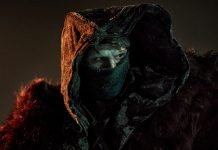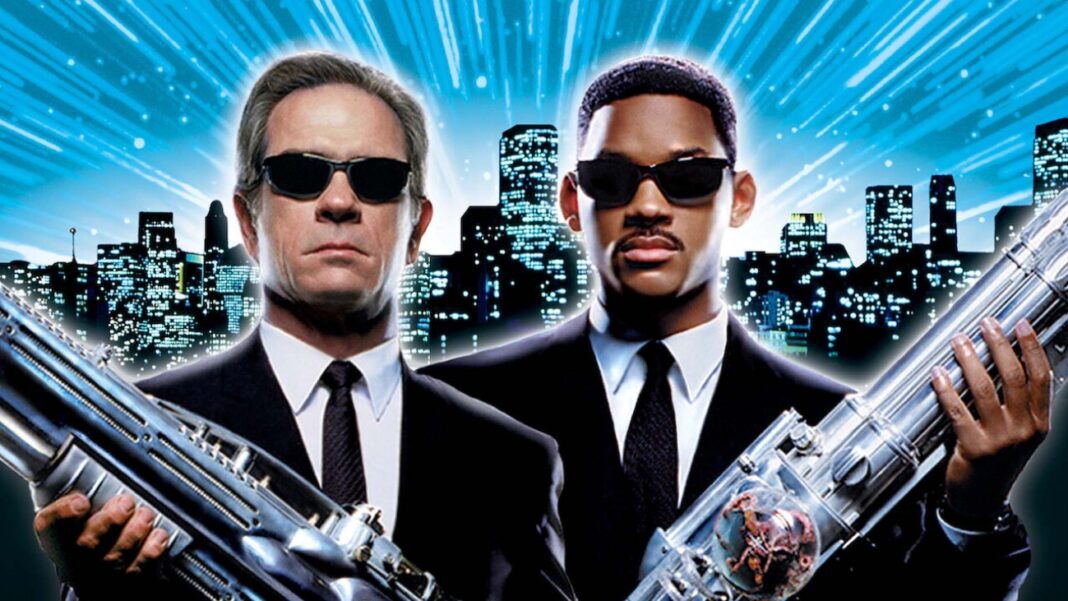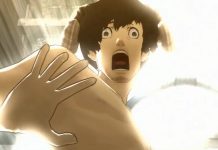Regarding major box office weekends, the July 4th holiday has always been the indisputable king in terms of overall sales numbers and attendees. Films like Jaws and Independence Day have become synonymous with the holiday for more reasons than just taking place during that time of year. Some movies just exude that vibe, forever cemented as summer blockbusters. They go together with warm weather and holidays like peanut butter and jelly, bread and butter, or…Agent J and Agent K.
We’re talking, of course, about Men in Black, released twenty-five years ago over the 1997 Fourth of July weekend. Unless your memory has been wiped out from a neuralyzer, you know that the sci-fi comedy was an instant smash hit, spawning several sequels, a hit song, and even an animated series. The movie’s enduring success and legacy are thanks to the blended recipe of action, humor, star power, big-budget effects, and undeniable charm. It’s a lightning-in-a-bottle type scenario that filmmakers dream of capturing, and in this case, it all started with a comic book.
The rights to the Men in Black comic series, created by Lowell Cunningham and Sandy Carruthers, were bought in 1992 by Producers Walter F. Parkes and Laurie MacDonald. They had their sights set on Barry Sonnenfeld to direct. Sonnenfeld was busy working on Get Shorty, so they went after John Landis and Quentin Tarantino, who both declined. Ultimately, Producers opted to wait for Sonnenfeld, who accepted the offer once he became available.
RELATED: Revisiting ‘Batman & Robin:’ the Ice Man Cometh!
The final Men in Black script was only loosely based on the original comic, with Sonnenfeld aiming for a more comedic, lively version. The concept of a secret government organization focused solely on policing and monitoring alien refugees was a unique concept that generated early buzz well before its release. Excitement was heightened with the casting of Will Smith and Tommy Lee Jones (Agents J and K, respectively) and the addition of Steven Spielberg as producer beside Parkes and MacDonald.
Spielberg played a significant role in early revisions of the script after Jones reportedly initially turned down the part of Agent K, citing dissatisfaction with the direction of the writing. Rick Baker was brought in to head creature effects and makeup, with Industrial Light and Magic in charge of visual effects, creating a veritable cinematic royal family.
Men in Black opened to record-breaking box office numbers, generating $51.1 million over the long weekend. It went on to be nominated for Oscars in the categories of Best Original Score (for Danny Elfman), Best Art Direction, and Best Makeup (for Rick Baker, who won). Its subsequent sequels would also go on to become box office successes, creating one of the most lucrative film franchises of the last few decades.
Twenty-five years later, Men in Black remains a fan favorite and a film that manages to stand out in originality. It’s a buddy cop movie mixed with an irreverent creature feature, with subtle layers of social commentary hidden underneath. This isn’t a world where aliens are automatically blown to smithereens. A mutual agreement has been made where extraterrestrials are allowed asylum, so long as they behave. The fact that the government is able to harbor them unbeknownst to the general public, albeit by resorting to memory-erasing tactics, is a monumental feat.
RELATED: Why ‘Jaws’ Remains the King of Summer Horror
Which inevitably makes you wonder: could there possibly be something similar happening in our own world, right under our noses? Naturally, the most likely answer is that this is preposterous; aliens don’t exist, and there’s no contraption capable of erasing our memories. At least, we hope not. And if there was, how would we know?
At one point, when Agent J suggests that people are smart and can handle knowing more, K astutely replies, “A person is smart. People are dumb, panicky, dangerous animals, and you know it.” It’s a quote so weighted with meaning and arguably one of the most significant statements on society and humanity in general.
On their own, humans have the capacity to be free thinkers — impervious to influence, able to stand up for themselves, and remain calm in tense situations. Put them together in a group, and you suddenly have a hive mind who thrives off the power of suggestion, makes mistakes, and riles each other up to behave in ways they never would on their own. It’s one of the main reasons riots and stampedes occur, and K’s quote beautifully sums it up.

It’s a heavy thought for such a fun movie. Don’t let that dissuade you from picking it up to give it a re-watch, though. It may have its share of statements to make on the human race, but it’s also silly, campy, over-the-top joy. A quarter of a century later, the story and effects still hold up, thanks to the talents of the star-studded cast and crew. Twenty-five years from now, Men in Black is certain to still captivate.
Unless, of course, our memories have been erased by then.


















